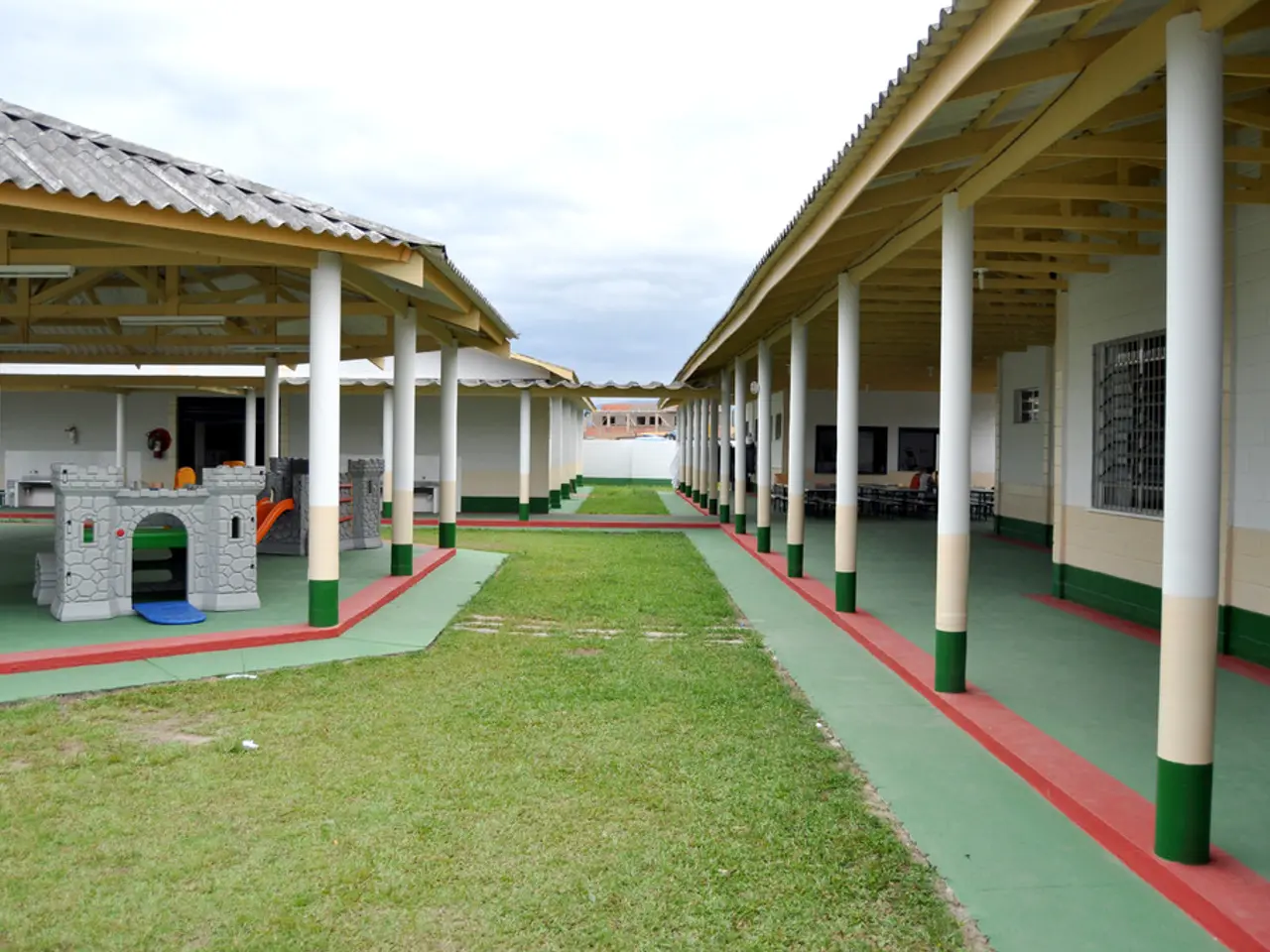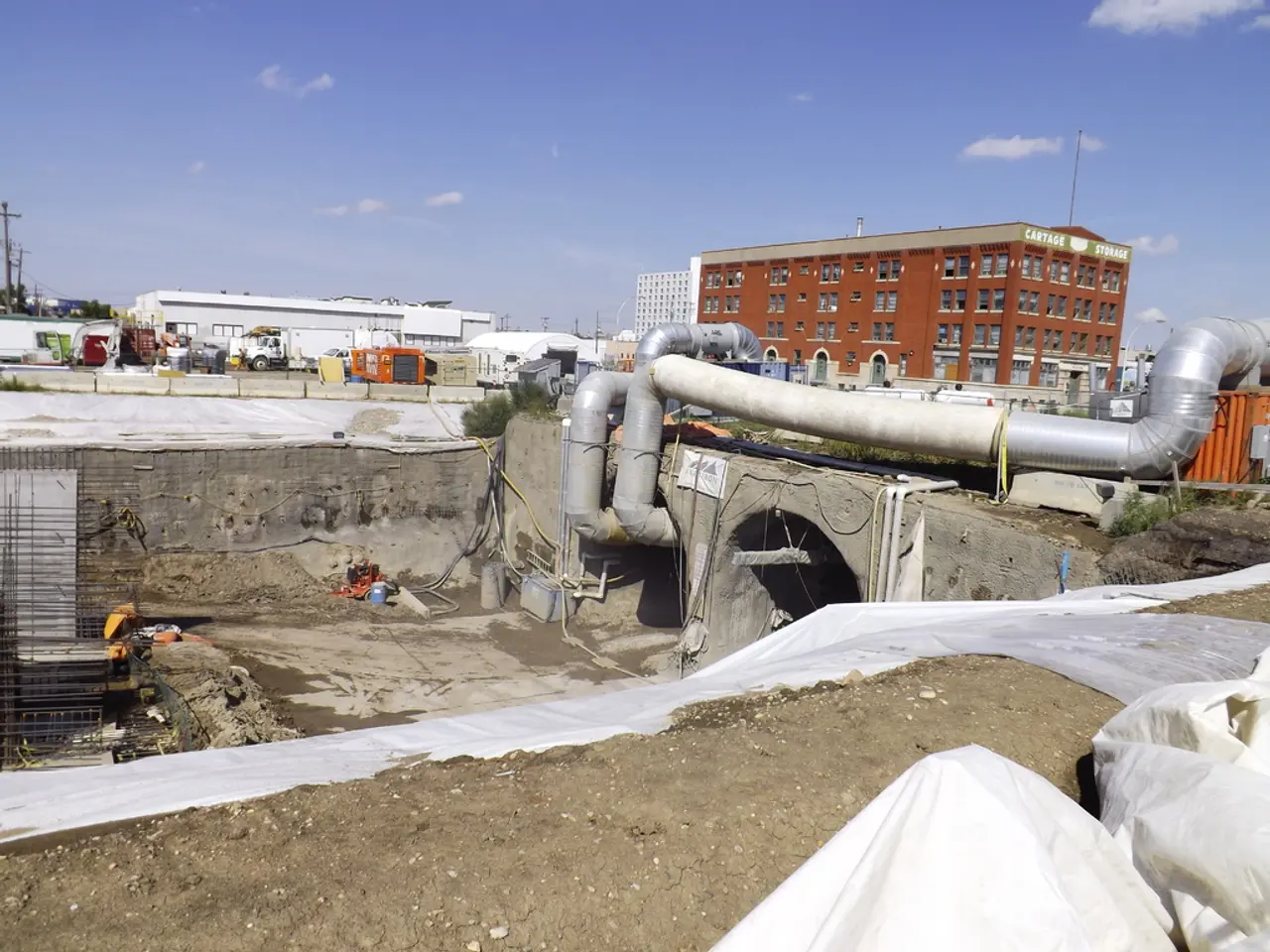Government aid secured for addressing homeless issue in Surrey
Epsom and Ewell Borough Council (EEBC) has announced plans to invest in six new homes as part of a new government programme, following a £1.5million funding allocation from the Ministry of Housing, Communities and Local Government.
According to Hannah Dalton, a member of EEBC, the programme involves the purchase of five homes for temporary accommodation and one for an Afghan resettlement home. The first payment of the funds will be received by EEBC in January 2025, with three additional installments over the next two years.
Initially, EEBC had planned to use the funds for its recently approved temporary housing pods, but this was refused by the government. The Local Democracy Reporting Service reports that the government encourages EEBC to invest in bricks and mortar instead.
The new scheme is expected to cost the taxpayer £35,000 annually for property maintenance. This is a decrease compared to the £115,000 the council was previously spending on equivalent accommodation.
The latest programme by EEBC aims to reduce local housing pressures. In the second quarter of 2024, there were 827 repossession actions in Surrey, a 22% increase compared to the same quarter in 2023 (according to the Office for National Statistics).
The council has welcomed the new initiative as it provides sustainable housing for Afghan citizens to build new lives, find employment, and integrate into communities. The council's decision to invest in bricks and mortar rather than temporary housing pods is not yet clear, and the reasons for the government's refusal remain unspecified.
[1] [Source] [2] [Source]
After receiving a £1.5 million allocation from the Ministry of Housing, Communities and Local Government, Epsom and Ewell Borough Council (EEBC) is investing in six new homes under its new government programme. The new scheme includes five homes for temporary accommodation and one for an Afghan resettlement home [Source].
This decision is in response to the government's encouragement for EEBC to invest in bricks and mortar rather than temporary housing pods, which were initially proposed by the council [Source].
The new initiative is expected to cost the taxpayer £35,000 annually for property maintenance, marking a decrease from the £115,000 previously spent on similar accommodation [Source].
The council's aim is to reduce local housing pressures, addressing a 22% increase in repossession actions in Surrey during the second quarter of 2024 compared to the same quarter in 2023 (according to the Office for National Statistics) [Source].
The plan also reflects EEBC's commitment to providing sustainable housing for Afghan citizens to help them build new lives, find employment, and integrate into communities, while the reasons for the government's refusal to fund temporary housing pods remain unclear [Source].
In addition to housing, the council is also concerned with matters such as crime and justice (according to general news reports), car accidents (as per the local police department's statistics), fires (as reported by the local fire department), politics, and policy-and-legislation, as well as migration related to war-and-conflicts that might impact their constituents.




